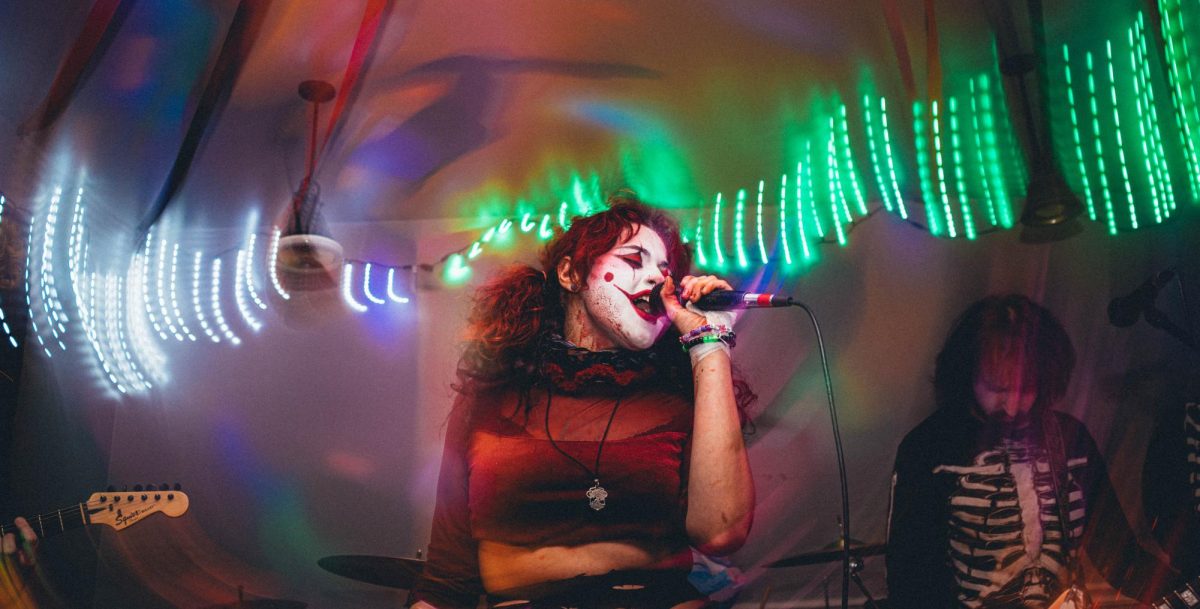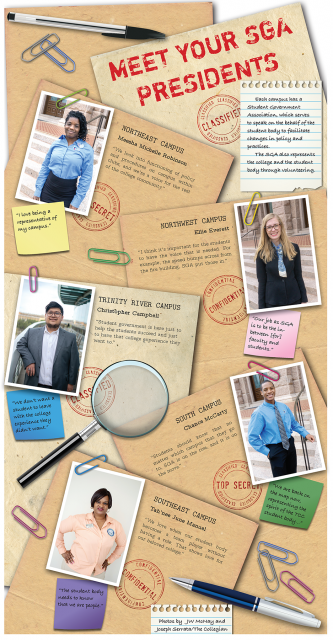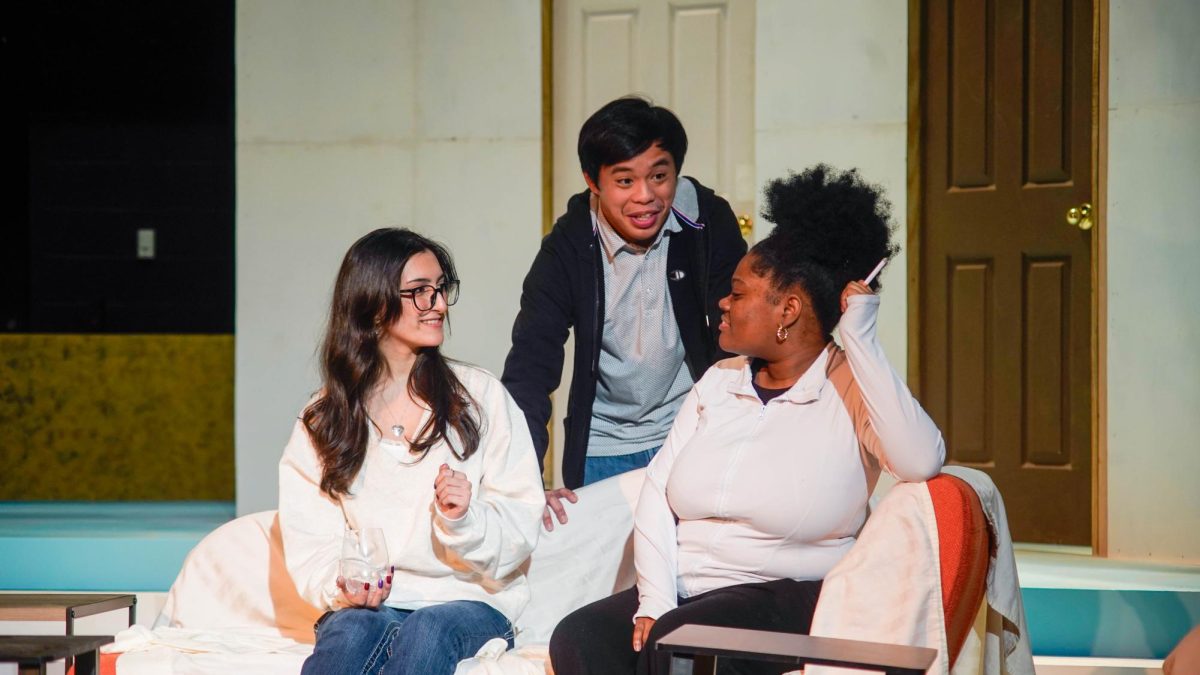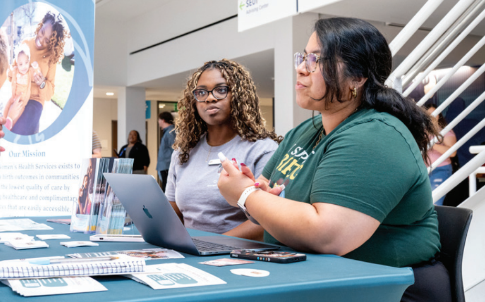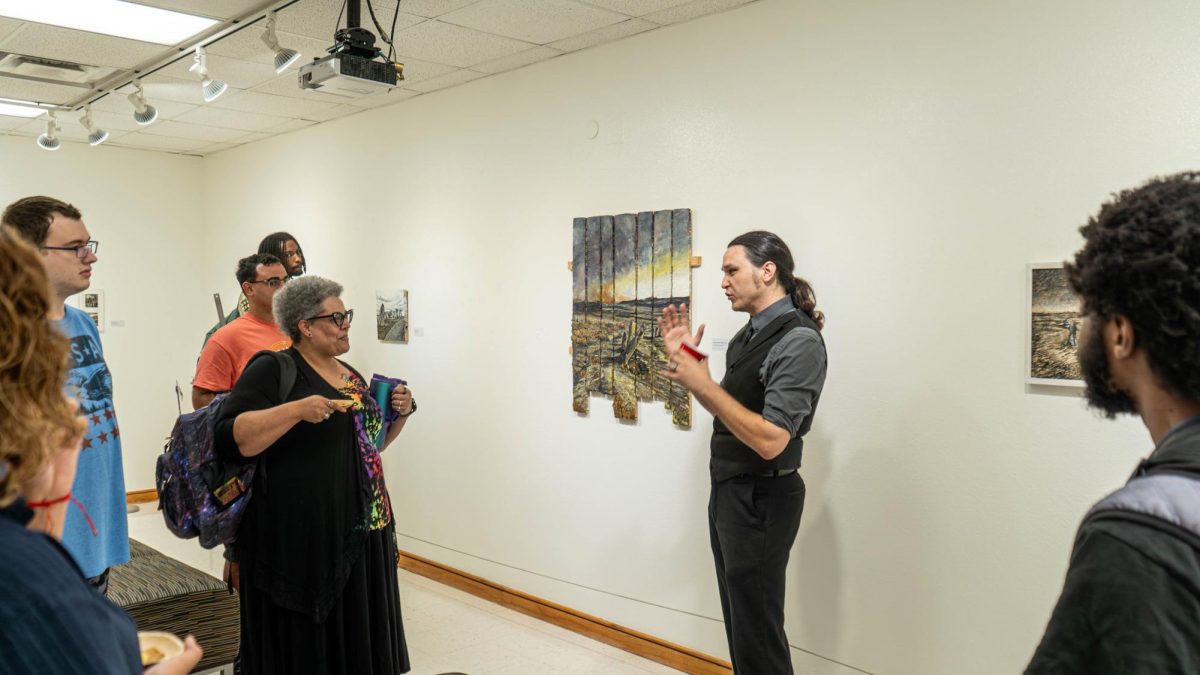By Victor Allison/reporter
A professor charged students with the task of thinking critically about the role of a revolutionary during a Feb. 14 lecture on SE Campus.
SE history associate professor and author Bradley J. Borougerdi gave a classroom full of students three terms to digest. The first was Black Panther. The second was Fred Hampton. And the third and final one was revolutionary.
During a presentation on Hampton, a Black Panther leader who was killed in 1969, Borougerdi not only examined the life and assassination of the activist but used his life as a standard to define a political revolutionary.
Borougerdi heralded Hampton’s ability to galvanize oppressed people and his unrelenting callouts of injustice, particularly against police brutality, as benchmarks for a revolutionary figure. But he also suspects these talents may have motivated the FBI, who Borougerdi said was fearful of the rise of a “Black Messiah,” to target him and ultimately led to his assassination by Chicago police.
“Fred was feared by the powers because of his organizational skills, his revolutionariness and his ability to become the Black Messiah,” Borougerdi said, referring to a designation coined by the FBI describing a figure who could unify the masses.
Borougerdi’s presentation came as part of a Black History Month lecture series hosted by the Historical Underground student organization.
His recount of Hampton’s life began at its end with gruesome photos of a bloody murder scene showing a lifeless Hampton sprawled on an apartment floor in his underwear with blood pouring out of his head.
The slideshow then flashed backward to Hampton’s origins as an activist, showing videos of a young, dynamic orator and thinker who captivated audiences but also garnered the malice of men like FBI Director J. Edgar Hoover, whose organization labeled the Black Panther Party as the greatest threat to the internal security of the country at the time.
But Hampton’s story also prompted students in the room, many of whom were Hampton’s age or younger when he died, to contemplate their own generation’s commitment to activism and ending oppression.
“To be honest, when it comes to anti-blackness and racism, people don’t really care,” SE student Despina Silva said. “A lot of people in this era are quote-unquote woke because it’s trendy to be so.”
Others also expressed feeling discouraged by their peers’ commitment to ending oppression.
“We have outrage machines in our hands right now, and we can be upset about something for only as long as we can keep our attention on it,” Historical Underground president Somiari Tobin said.


























